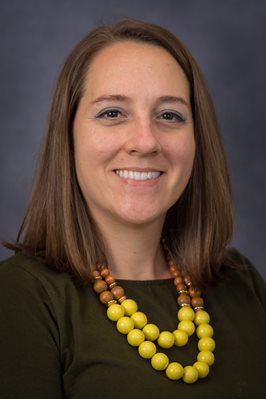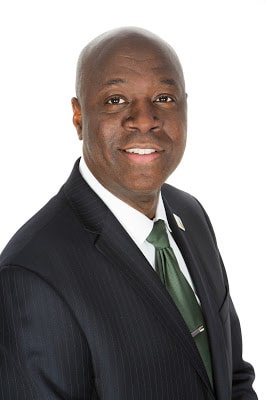When it comes to wealth and health, it's the proverbial chicken-and-egg question, says Molly Barackman-Eder, NeighborWorks America's director of Financial Capability. "Is it health impacting wealth or wealth impacting health?" she asks. But more important than the question, she says, is the fact that the two items are inextricably linked; for a successful outcome, you need both health and wealth management.
 Research has shown a correlation between good health and good income. "And we know that it's difficult to earn if you're not healthy. If you're someone with a chronic health condition, how do you hold down a steady job?" At the same time, if you don't have a safe place to live, that can contribute to health issues — from anxiety to asthma.
Research has shown a correlation between good health and good income. "And we know that it's difficult to earn if you're not healthy. If you're someone with a chronic health condition, how do you hold down a steady job?" At the same time, if you don't have a safe place to live, that can contribute to health issues — from anxiety to asthma.
NeighborWorks knows that both sides of the issue are important. That's why, when looking at strategies for community development, NeighborWorks advocates for a comprehensive approach – one that looks at the whole community. Barackman-Eder will be talking with NeighborWorks network organizations that focus on both health and wealth during a panel at the Prosperity Summit. All three organizations on the panel – Quest Communities, Foundation Communities and Beyond Housing – address both issues at the same time.
Leonard Adams, CEO for Quest Communities, says he's been looking at health – both mental and physical – and the link to wealth for some time. His organization works with individuals coming out of homelessness or recovering from addiction and other issues. "I remember asking doctors or therapists: If you could magically write a prescription to help the most people, what would it be? A lot of times, they would say 'housing' and I look at that as the driver. If doctors could write a prescription for housing, it would be one of the top prescriptions written."
Quest's approach includes supportive services, mental health-integrated services, real estate and property management, and a payee and fiduciary program to help residents manage money. Adams says the goal is to get the community engaged, not just the people the organization houses.
Quest Financial Services began 10 years ago to fight financial exploitation and assist with money management, paying bills and making sure residents have what they need to last them through each month. The organization also helps with financial arrangements, insurance and more for clients on the Westside. There are more than 800 people in the program, which Adams will talk about during the panel.
 His take on the "which came first" question? "I believe health IS wealth," he says. "If you can be healthy, you're wealthy. If you have a quality place to live and you can get your physical and mental status looked at, all of those things together are what it takes to consider a person wealthy. It doesn't just fall around how big a bank account is."
His take on the "which came first" question? "I believe health IS wealth," he says. "If you can be healthy, you're wealthy. If you have a quality place to live and you can get your physical and mental status looked at, all of those things together are what it takes to consider a person wealthy. It doesn't just fall around how big a bank account is."
For NeighborWorks, the priority "is to look at both together," explains Barackman-Eder. That means exploring financial coaching and navigating "health coaching" at the same time. The importance of one-on-one coaching services cannot be underestimated.
"Of course we need systemic change," she says. "But that's going to take a while. In the meantime, how do we help people and benefit communities? How do we build trust? The one-on-one relationship goes a long way here, and I see the need for these services for the foreseeable future."
09/13/2022

